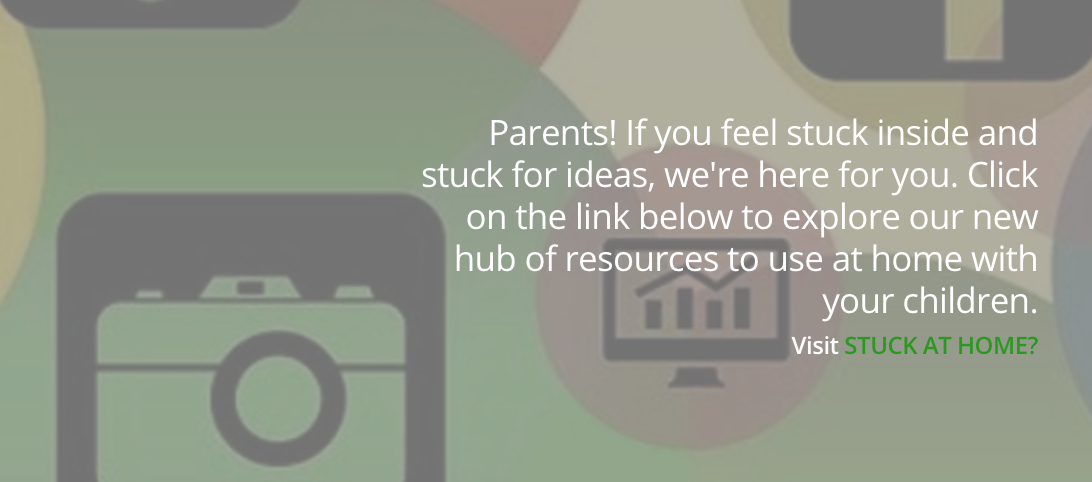We probably all feel a little guilty when we get our weekly screen time report from our respective smart devices, but it’s probably become even harder to look at now since lockdown began back in March. Had someone told any of us this time last year how much time we would be spending online 12 months later, we would more than likely have shuddered.
Without a doubt, the ability to do so much online has enabled life in lockdown in previously unimaginable ways with work, schooling, family gatherings, theatre performances, birthday parties, pub quizzes and more, moving quickly and effectively into the virtual space. One can’t help but wonder how much more isolating and strange lockdown might have been for many, without the outlet of online environments. Inevitably however, this shift online does not come without inherent risks. It follows logically that the more time spent online, the greater the possibility that we will be exposed to harmful content or contact. This applies even more so for children and young people. Exponentially more time spent online for both education, socialising and entertainment during the COVID-19 crisis means we have unfortunately also seen significant increases in online grooming, cyberbullying and (s)extortion. The US-based nonprofit, National Center for Missing & Exploited Children (NCMEC), said it had recorded a 106% increase in CyberTipline reports of suspected child sexual exploitation—rising from 983,734 reports in March 2019 to 2,027,520 in the same month this year. In Europe, “Europol, the U.K.’s National Crime Agency, the Swedish Police Authority and others have already seen an increase in online child sexual exploitation since COVID-19 lockdowns,” says John Tanagho, the field office director for the International Justice Mission in the Philippines, a country at the epicenter of online sexual abuse of children.
Ireland is not free from these threats and challenges. Based on pre-pandemic data, a report from the World Health Organisation, published in May, found that Irish 13 and 15 year olds are in the top 10 globally for prevalence of cyberbullying and “problematic social media use”. As an organisation, with the sudden shift of so many daily activities online, we are even more aware of the importance of empowering children and parents to navigate the world in a smarter, safer way. As a result, we have responded to the unprecedented COVID-19 crisis in several ways.
STUCK AT HOME?
Within a week of official lockdown being announced, we put together a microsite of resources for parents and teachers to use. The name of the website is a play on words, and the content contained within targeted people who were both stuck physically at home, and found themselves stuck for ideas, having been suddenly thrust into the new role of both teacher and parent all at once. The site is a compendium of free resources for anyone to use and contains a mixture of online platforms, off-line ideas and parental advice sites and articles. The site can be accessed through our main website.
ONLINE LIFE & SELF-ISOLATION
We quickly developed an online version of our training for adults and began delivering this through secure webinar platforms to both parents and staff in corporate environments. The webinar focuses on online behaviours of young people, particularly focused on the 8-13 year old age bracket; inherent risks and dangers of being online that apply to children and adults; how to develop healthy habits and promote digital well-being at home, and where to find resources for further more independent research, to enable a more positive and rewarding online experience for all members of the family.
‘EMMA & EOIN’ WEBINARS FOR KIDS
We also developed a new programme of live, interactive online webinars, delivered by one of our expert trainers. Each day across the week, the webinars follow the online adventures of Emma and Eoin, and the webinars are designed to challenge the participating children to support the two adventurers in their quest for a smarter and safer experience online. The webinars focus on 5 key areas of concern: areas of personal information and privacy, social media and gaming, misinformation, cyberbullying and positive digital footprint. Each week culminates in an online quiz to review all the content from the previous four sessions.
With a fresh awareness that the message of online safety and digital literacy is now even more important than ever, we have continued to also develop our media profile through various outlets including The Examiner, opinion pieces and print ads in The Independent, Newstalk’s ‘Tech Talk with Jess’ podcast, our support of MLI on the #BeMediaSmart campaign, and most recently our radio ads which were created as part of the Cannes Young Lions design competition (for which we were the chosen charity) broadcasting on radio stations throughout the country. We have also been collaborating with Family Friendly HQ as cybersafety consultants on their recently launched Online Wellbeing Hub.
With online safety and digital literacy now firmly included in the new programme for government, we are clearly making steps in the right direction as a nation, but as the current crisis has proven, there is still much, much more work to be done to ensure the online safety and enrichment of all citizens, younger and older.
Philip Arneill is Head of Education & Innovation at CyberSafeIreland. Find out more about our work and how to support us at cybersafeireland.org
Sources:
*https://www.forbes.com/sites/thomasbrewster/2020/04/24/child-exploitation-complaints-rise-106-to-hit-2-million-in-just-one-month-is-covid-19-to-blame/
**https://www.npr.org/sections/coronavirus-live-updates/2020/04/08/828827926/child-sex-abuse-livestreams-increase-during-coronavirus-lockdowns
***https://www.euro.who.int/__data/assets/pdf_file/0006/442959/Spotlight-on-adolescent-health-and-well-being-HBSC-survey-summary-eng.pdf
